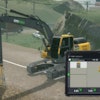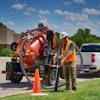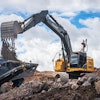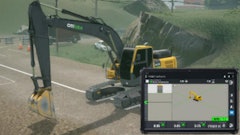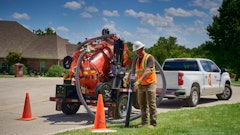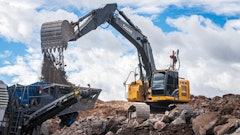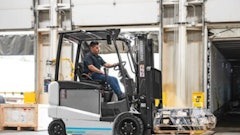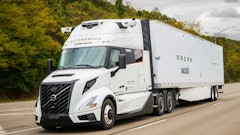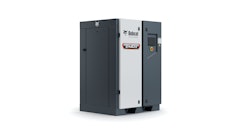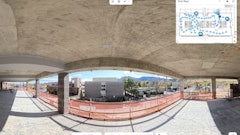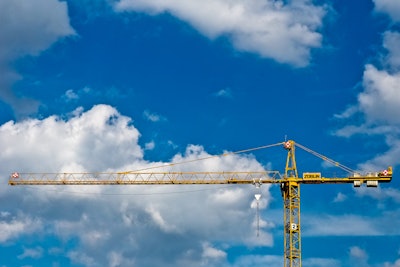
On Dec. 10, the final sections of OSHA’s Crane and Derricks in Construction Rule went into effect. Cranes are defined as “power-operated equipment, when used in construction, that can hoist, lower and horizontally move a suspended load,” and include boom trucks and aerial lift work platforms. The rule impacts all crane operations associated with construction and provides detailed instruction on rigging inspection and other operating aspects. The most recent section of the rule identifies Crane Operator Qualifications, including training and certification based on the type of crane operated and not necessarily on the rated lifting capacity of equipment (See FAQ #8).
There are two criteria the asphalt pavement industry should be aware of: 1) Operator certification is not required if the crane’s rated capacity is 2,000 lbs. or less. (but operator training is still required); and 2) “ Employers using cranes or derricks to perform non-construction activities are not covered by the Cranes and Derricks in Construction standard.” OSHA provides some clarification on what constitutes “construction” versus maintenance or repair. Generic information on how the Crane Rule applies to asphalt operations has been prepared by NAPA’s legal counsel and can be found at: http://www.asphaltpavement.org/PDFs/EH&S/Rath_Memo_Cranes.pdf
Here are things the Final Rule on Crane Operator Certification Requires:
An employer has the duty to ensure that each operator is properly trained, certified/licensed, and evaluated before operating certain equipment. The employer must:
- Provide each operator-in-training with sufficient training as prescribed in the standard;
- Ensure operators-in-training are continuously monitored by an operator trainer who meets certain requirements in the standard
- Ensure operators are certified (by an accredited crane operator testing organization or an audited employer program) or licensed to operate equipment
- The employer must provide licensing and certification at no cost to the employee
- Ensure each operator is qualified by a demonstration of the employee’s skills and knowledge, including the ability to recognize and avert risk, necessary to operate equipment safely, and ability to perform the hoisting activities required for assigned work. This evaluation by the employer must be conducted by an individual who has the knowledge, training and experience necessary to assess equipment operators, and must be documented;
- Retrain operators when, based on the operator’s performance or an evaluation of the operator’s knowledge, there is an indication that retraining is necessary, and re-evaluate operators following retraining

